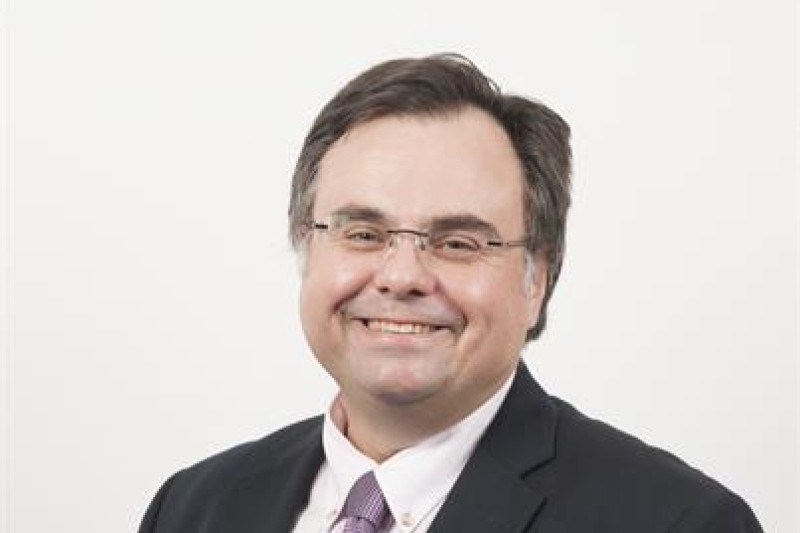Professor in Marketing, Strategy and Innovation, Professor Dimitrios Buhalis has been recognised by Clarivate™ as one of the world's most influential researchers who have been most frequently cited by their peers over the last decade.

Clarivate provides information, data and insights to universities, nonprofits, funding organisations, publishers, corporations, government organisations and law firms across the world to help accelerate and advance innovation.
Fewer than 0.1% (1 in 1,000) of the world's population of scientists and social scientists received the Highly Cited Researchers™ distinction in 2022.
Highly Cited Researchers have demonstrated significant and broad influence reflected in their publication of multiple highly cited papers over the last decade. These highly cited papers rank in the top 1% by citations for a field in the Web of Science™.
Professor Buhalis has been named as a Highly Cited Researcher in the field of Social Science for the past three years, and is the only person at BU to have received this recognition.
He said: “It is extremely rewarding to know that the research I’ve been doing in the last 30 years has been useful to many other researchers to build their research and develop this concept. It is also very rewarding to know that the research has an impact on society, bringing value to different stakeholders and communities around the world.
“Of course, the research has been happening with many collaborators, including students and researchers and colleagues from all over the world, and most have been co-authored with several of my 200 collaborators.”
Professor Buhalis is a strategic management and marketing expert with specialisms around information communication technology applications in the tourism, travel, hospitality and leisure industries.
“All my research is about relevance and impact on business practice and global policy and it is cutting edge,” he said.
'It is forecasting the future and identifies enabling technologies that bring value to different stakeholders and, by doing so, designing a better future."
He added: "Being able to forecast the future and identifying technologies that can support progress is a critical element of the research, and that is why it is published early, before other researchers engage in inquiry, and that’s why it’s widely cited.”
“My advice would be to follow your heart, make relevant and useful cutting edge research that contributes to society globally, and citation will follow.”



